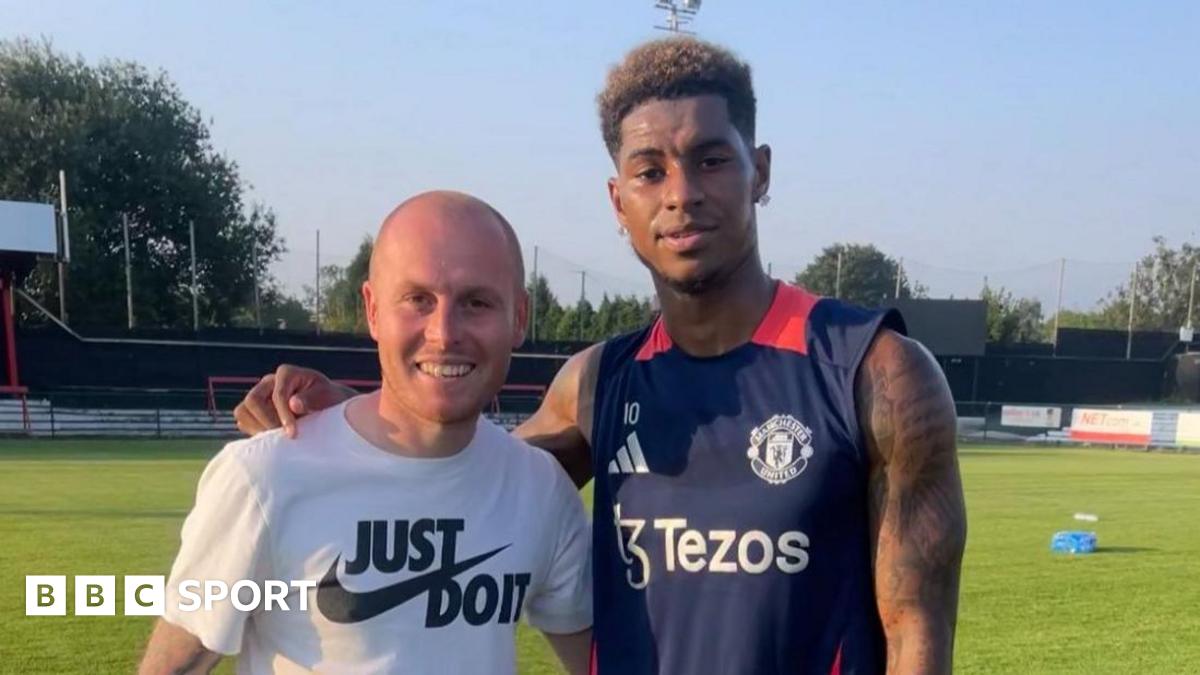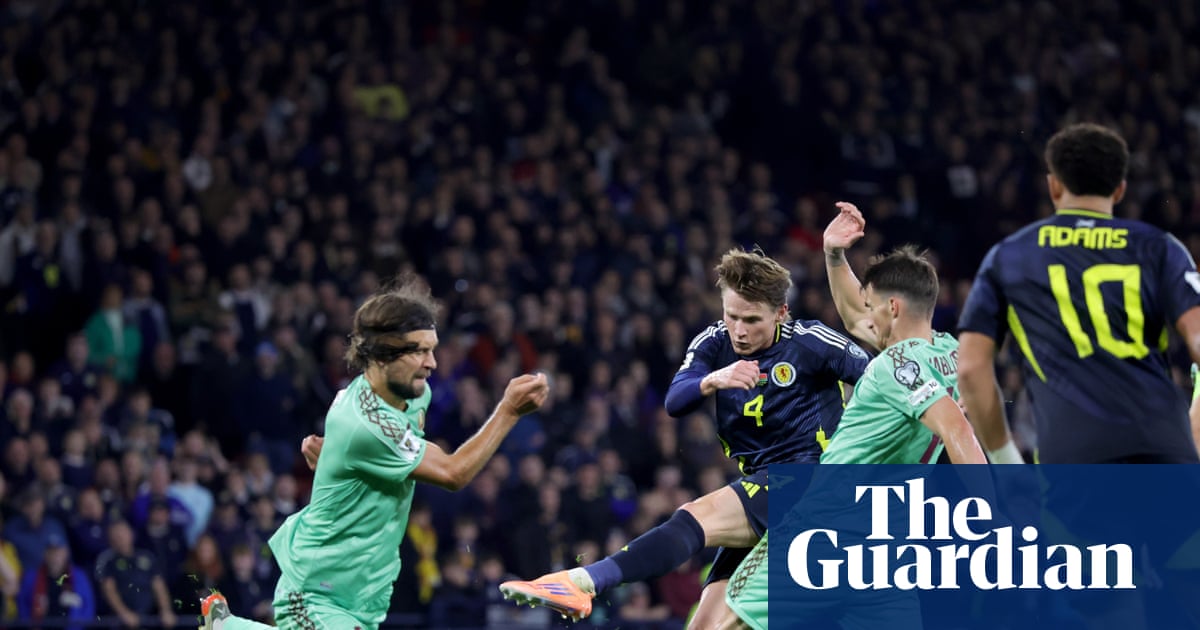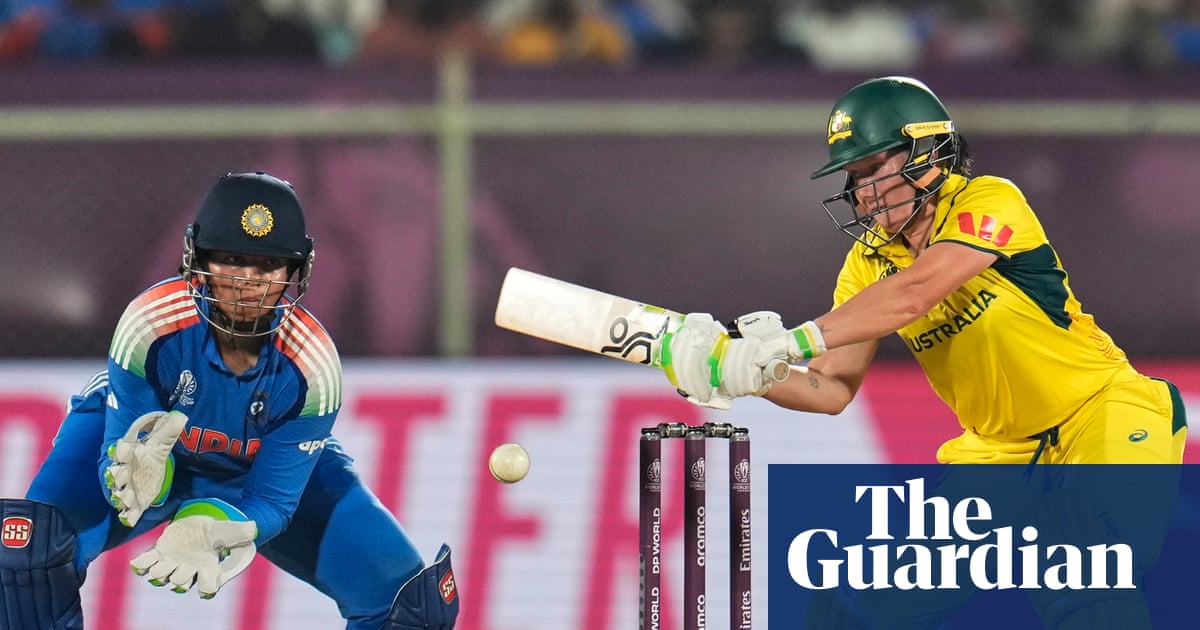Why are footballers using private coaches?

Step into any top football club and you'll see players receiving elite-level coaching in facilities to match.Clubs employ large backroom teams covering a variety of roles to keep their prized assets in the best possible shape.But despite that care and attention, some players feel they need something else to give them an edge in performance. That's where private coaches comes in.Footage of footballers being put through their paces by private coaches has become increasingly common on social media.Ryan Hopper is one such coach, with Manchester United captain Bruno Fernandes and team-mate Diogo Dalot among those he has worked with.Hopper has also coached long-time United player Marcus Rashford - now on loan at Barcelona - two-time European Championship winner Ella Toone, and a clutch of Championship players.He is one of dozens of private coaches in the UK who have made a career training elite footballers.Everton forward Jack Grealish, Chelsea attacker Cole Palmer and Aston Villa striker Ollie Watkins are three of the other high-profile players to have been coached outside of their club set-up.But why, when they have access to the best coaching facilities, do players also feel the need to employ people like Hopper?"At clubs like Manchester United, their sessions are tailored towards getting three points on a Saturday," he told BBC Sport."There are some fantastic coaches and they wouldn't be at football clubs if they weren't great at what they do."In a group setting, though, there could be five players behind you - and if there's a little detail you need to work on, then you're stopping the five other people from getting their repetitions. When it's private, you can really go into the fine details."With me, players might want to work on certain aspects of their game they might not feel comfortable doing in front of club coaching staff and management."Before they step on a pitch together, Hopper analyses a client's matches. He spends hours watching them back and identifying scenarios they typically face."Marcus Rashford came to me during an international break having not made the England squad," he said."I could see he was getting into some fantastic areas but once he was getting into those positions, he wasn't always doing the right things to get shots off."I recreated those scenarios in training and executed it over and over again. When he went back to United, he scored three goals in two games."It's massive for confidence building. It's so important that they are working on areas they want to improve, and if they can improve after a session with me then my job is done."It's then up to them to go into a game and replicate it. If they can do that, everyone wins."Private coaching isn't always welcomed by the players' employers. After all, their valued assets are in someone else's hands.Former Newcastle, Blackburn and West Ham manager Sam Allardyce told BBC Sport clubs must be made aware of it."You've got to admire somebody who's paying somebody else in their own time to try and help them play better," he said."But if it's kept quiet and the club doesn't know about it, then that's extremely dangerous. You could be putting the player under more pressure, expending more energy and opening them up to more injuries."While I'm not against it, it must be in conjunction with the club."Hopper agrees."Collaboration is so important," he said. "If the clubs are on board with it and the staff are on board, everybody wins."Some clubs don't want to know and don't want to have that dialogue with you - and that's fine. As long as they trust you to keep their players safe and to learn and develop then they'll get results from it."Accidents do happen, though. They might be stretching for a ball and pull their hamstring, or they might roll their ankle - that's a freak sort of accident and it can happen."Thankfully, Jebbison's injury was not serious."I only work with full club consent in open communication with staff," said King."Every session is designed to complement and never compromise their training and match schedule."I won't work with players at a level of competitive football unless people at the club are informed and involved."Hopper acknowledges the "worst thing that could happen is a serious injury"."I would take responsibility for that," he said."I have to keep these players safe. Multi-million pounds worth of assets are here with me. I have to manage them and safeguard them."






